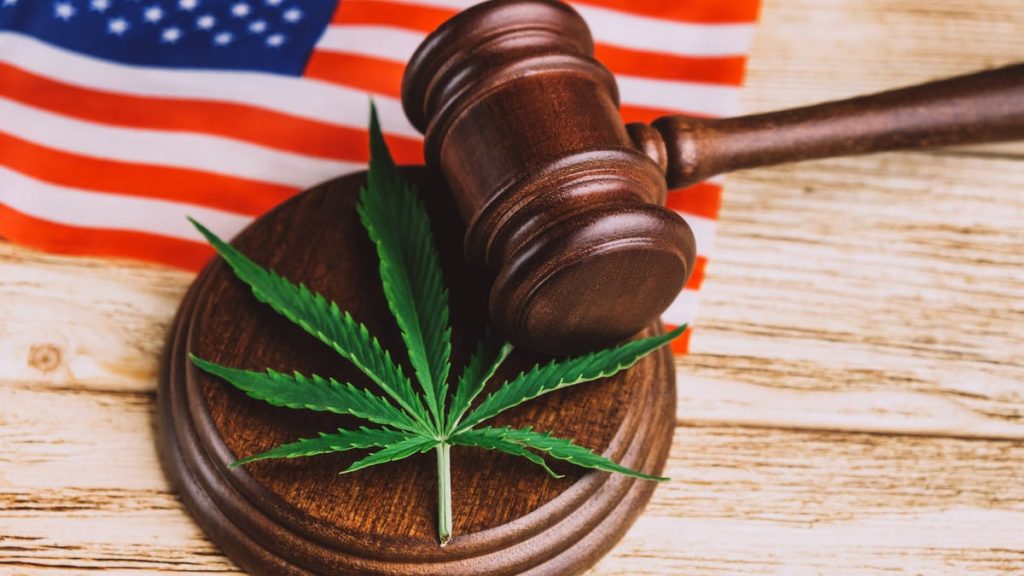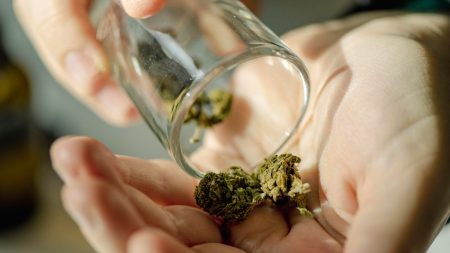In 2020, President Joe Biden initiated a review of federal regulations on marijuana as a Schedule I controlled substance. The US Drug Enforcement Administration (DEA) recently announced plans to begin the process of reclassifying cannabis to a less dangerous drug category. This potential rule change would not fully legalize marijuana at the federal level but would acknowledge its medical uses and facilitate research on the substance. While this represents a significant shift in federal drug policy, many states have already implemented their own laws regarding cannabis, with 24 states and Washington, D.C. permitting adult recreational use, and an additional 13 states allowing only medical marijuana.
In terms of recreational use, 24 states have legalized marijuana for adults, following in the footsteps of Colorado and Washington, which were the first to do so in 2012. These states include Alaska, Arizona, California, and several others. Furthermore, all 24 states that allow recreational use also permit the medicinal use of marijuana. In addition, 13 states have legalized medical marijuana exclusively, bringing the total number of states with medical cannabis laws to 37, plus Washington, D.C. Some states have decriminalized small amounts of marijuana possession, even if recreational use is not fully legal.
In US territories, Guam, the Northern Mariana Islands, and the Virgin Islands have legalized both medical and recreational marijuana. Puerto Rico only allows medical cannabis, while American Samoa maintains strict laws against all forms of marijuana. The proposed reclassification of marijuana by the DEA would shift its designation from a Schedule I to a Schedule III controlled substance, indicating a lower potential for dependence. This step acknowledges the medicinal benefits of cannabis while stopping short of nationwide legalization. The process for implementing these changes involves a review by the Office of Management and Budget, a public comment period, and an administrative hearing before final approval.
According to a poll by the Pew Center, the majority of Americans support the legalization of marijuana for medical or recreational use, totaling 88% of respondents. This perspective varies with age, as older individuals tend to be less in favor of legalization compared to younger demographics. Despite widespread support, the implementation of new federal rules for marijuana regulation could face opposition and potential delays. The evolving landscape of marijuana laws in the US reflects changing attitudes towards cannabis and its potential benefits, with ongoing discussions about how best to regulate its use and distribution.















